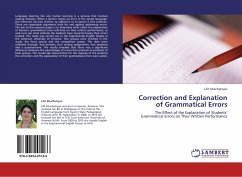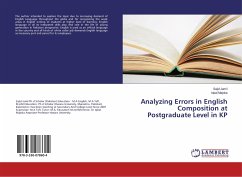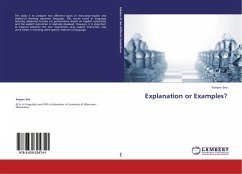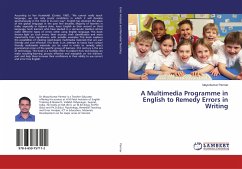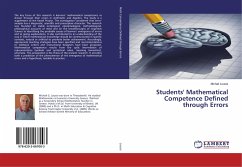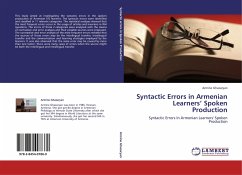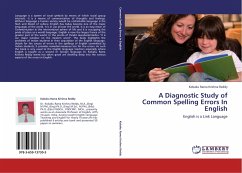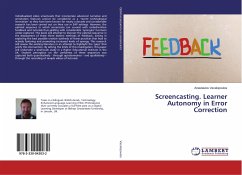Language learning like any human learning is a process that involves making mistakes. When a learner makes an error in the target language, the instructor has two choices: to address it or to ignore it and continue. There are reasonable arguments both for and against addressing errors. The aim of this research paper is to determine what effect the explanation of learners grammatical errors will have on their written performance, as well as to see what attitude the students have towards having their errors treated. The study was carried out in the Experimental English Classes at the American University of Armenia. Two groups were involved in the study: the focus group and the comparison group. The data were collected through: two pretests, four writing assignments, two posttests and a questionnaire. The results revealed that there was a significant difference between the percentages of errors from pretests to posttests of both groups. The results also showed that for the majority of the students the correction and the explanation of their grammatical errors were useful.
Bitte wählen Sie Ihr Anliegen aus.
Rechnungen
Retourenschein anfordern
Bestellstatus
Storno

